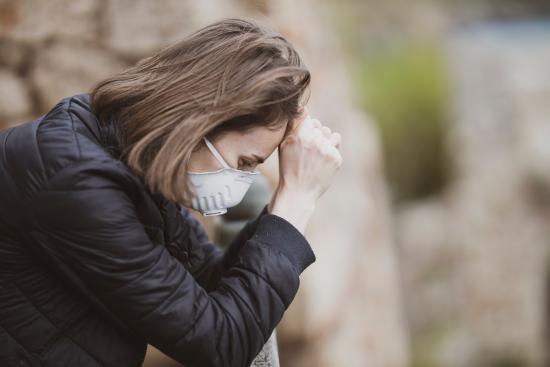
April is alcohol awareness month. With current events in regard to the coronavirus, social distancing and many of us working from home, it may be especially tempting to rely on mood-altering substances to cope. The Ohio State Employee Assistance Program (EAP) is here to support your emotional well-being through this difficult time. See the resource section of this article for more information about the help that is available to you.
Following is some background and resources to help you better understand the issue and perhaps get support for yourself or a loved one.
History
Alcoholism was identified in 1956 as an illness by the American Medical Association (AMA). It's a disease just like cancer or diabetes. Alcoholism causes an altering of the brain that controls a person's motivation and ability to make healthy choices. Once it takes hold, it can be hard to recover without help. You can visit the EAP/Impact Solutions website for more information and to utilize an assessment or screening tool.
Definition
Problem drinking that becomes severe is given the medical diagnosis of “Alcohol Use Disorder” or AUD. AUD is a persistent relapsing brain disease characterized by compulsive alcohol use, loss of control over alcohol intake, and a negative emotional temperament when not using.
Statistics
One in 13 working adults has an alcohol use disorder. Additionally, 13% of men and 5% of women reported binge drinking at least once a week. An estimated $74 billion is lost every year in reduced work productivity due to alcohol consumption, from absences, reduced output, premature retirement or death, or reduced earning potential.
Things to Look For
When drugs or alcohol are used so often that they have significant negative effects on your life, making it difficult or impossible to recover the quality of life you once had, you may have an alcohol or substance use disorder. Some common behaviors of alcohol and substance use disorder include:
- Trying to stop or cut down on alcohol use, but not being able to.
- Using alcohol because of being angry or upset with other people.
- Taking one drug to get over the effects of another.
- Making mistakes at school or on the job because of using alcohol.
- Alcohol use hurting relationships with family and friends.
- Being scared at the thought of running out of alcohol.
- Stealing money to pay for alcohol.
- Being arrested or hospitalized for alcohol use.
- Developing a tolerance, and needing larger amounts of alcohol to get high.
- Overdosing on alcohol.
There is help and hope! Join a support group of peers. It can be helpful to connect with peers who struggle with the same addiction problem because there is a mutual understanding. For more information about these recovery groups and meeting schedules in your area, please go to:
Narcotics Anonymous (na.org), and Nar-Anon (nar-anon.org)
Alcoholics Anonymous (aa.org), and Al-Anon (al-anon.org)
Faces and Voices of Recovery (facesandvoicesofrecovery.org)
At the Ohio State EAP, our counselors are available to support you. Feel free to contact us by calling 800-678-6265 to get connected for a counseling session. You may also email us at eap@osumc.edu or go to our website to make an online request.
Sources: SAMHSA (samhsa.gov), OSU EAP website https://osuhealthplan.com/eap
